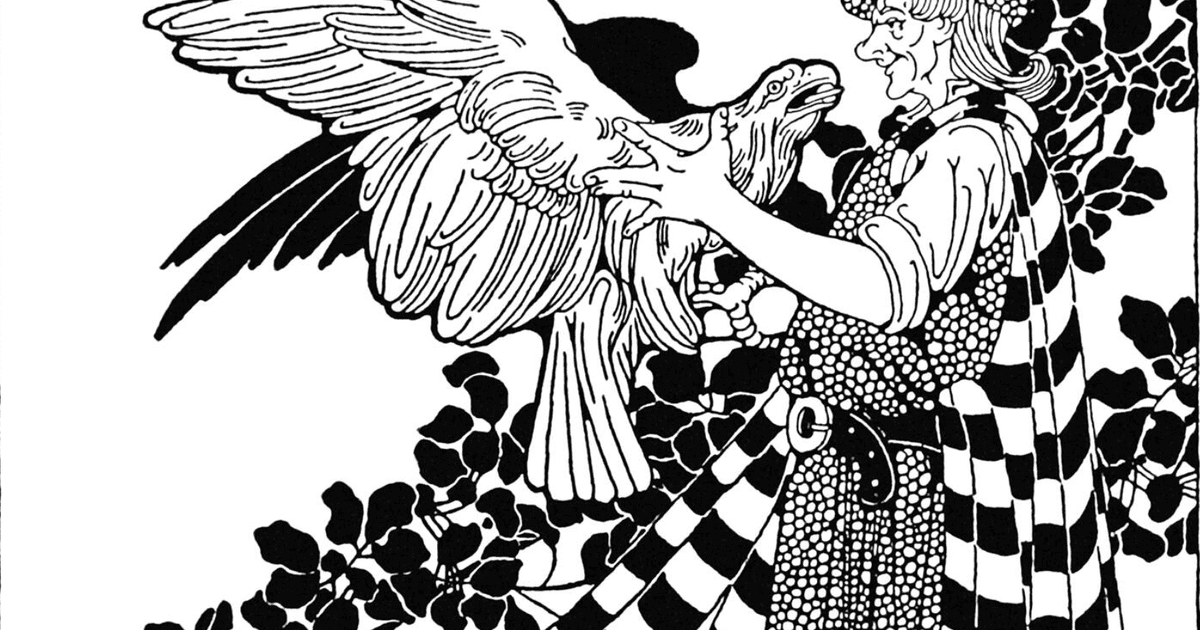QR Codes Aren't Evil
They just feel that way. We ought to be asking "why?"

The left hemisphere thinks that it objectively uses tools. Tools, the left hemisphere thinks, don't affect the brain: the brain simply yields the tools. Tools are the brain's b**ch.
Enter Marshall McLuhan, Jacques Ellul, Lewis Mumford, the Jesuit Walter Ong, Neil Postman, and many other thinkers who have begged modernity's left hemisphere to lift its foot off the cocksure accelerator and ask questions: What is lost when a new tool is employed? What becomes different? How does the tool affect us?
Unfortunately, the questions can't be answered in left hemispheric terms (i.e., "analytically," "categorically," "in black and white"). We can only grope for answers at the beginning, using our intuition and vague impressions . . . our feelings.
Later, after the damage is done, we can use the left hemisphere to pick through the rubble and analyze the pieces, but how much nicer it would've been to allow the right hemisphere to pre-empt the damage.
Bailey Sincox has written a lovely essay that tries to bring the right hemisphere to bear on QR Codes. The essay proves nothing but it's not supposed to. It raises an important question and that's enough.
It concludes with an experience that even the left hemisphere can appreciate:
Spotting an usher standing at the foot of an escalator, I pulled out my phone, opened my email inbox, and followed a link from The Shed. The link took me to a login page where I was asked to provide my username and password for The Shed’s website. Not remembering my account details, I returned to my inbox and searched for “TICKETS” in the hope of finding another email with an attached PDF or embedded information. The usher rang her bell, signaling five minutes until curtain. “Let’s just go to will call,” I said to my companion in exasperation.
Related
Fadiman turns a gently skeptical eye toward the various technological “improvements” of the modern world. He begins an essay with an anecdote about finding it difficult to order just two scrambled eggs at a diner, without a dozen sides and accouterments. Fadiman’s somewhat irritable list of examples of this over-accessorization of things becomes a thoughtful reflection on man and his relationship to tools:
The car with the automatic shift is doubtless a better car. The question is whether the subnormal who can now drive an automobile is a better man. A super-speed highway is a better highway, but its users are slightly worse humans, because super-highway travel, with no scenery, few curves, no obstacles, is so dull as to be a kind of prison in motion. Better to watch a cow from a canal-boat than the Andes from the air.
Fadiman hits on the idea, expressed in more abstract terms by such writers as Heidegger, Wendell Berry, and C.S. Lewis, that the tools humans use to obtain mastery over nature end up altering human nature, sometimes for the worse.


